Common Issues in Flange Connections of Drinking Water Pipelines
2025-06-26 17:45:23
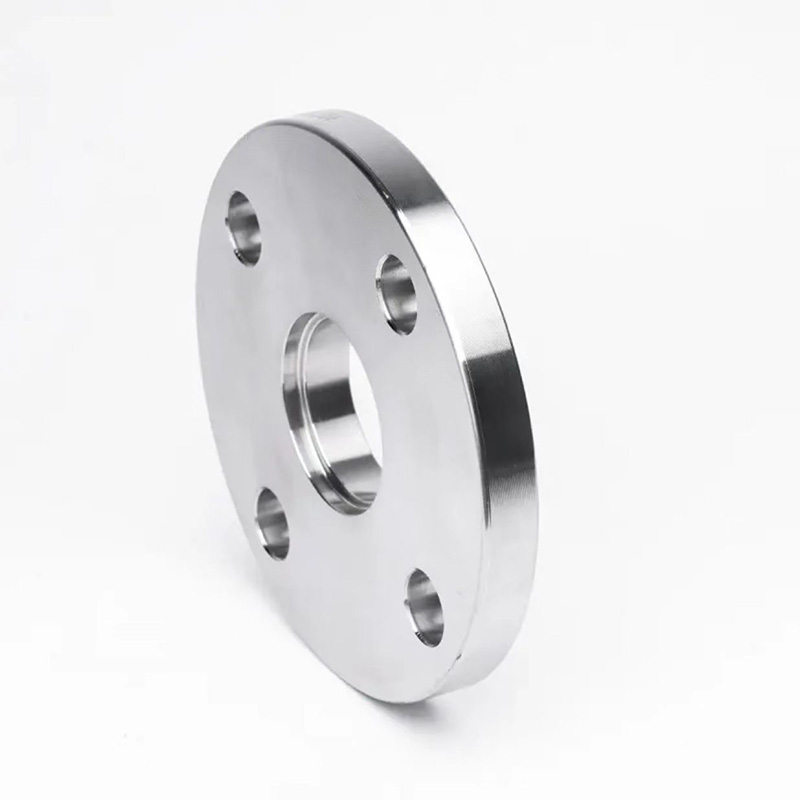
Common Issues in Flange Connections of Drinking Water Pipelines
Flange connections in drinking water pipelines must ensure leak-free performance, durability, and hygiene. However, several issues can arise during installation and operation that compromise system integrity and water quality.
1. Leakage at the Flange Joint:
Improper gasket selection, uneven bolt tightening, or flange misalignment can lead to water leakage. This is one of the most common issues, especially in underground or buried installations.
2. Gasket Material Incompatibility:
Using gaskets made from non-potable materials can contaminate drinking water. Gaskets must be certified for drinking water use and should not leach harmful substances.
3. Bolt Corrosion:
In damp or buried environments, flange bolts are susceptible to corrosion, especially if protective coatings are absent or damaged. Corroded bolts weaken the connection and can lead to leakage or failure.
4. Flange Face Corrosion or Scaling:
In aging systems or aggressive water conditions, corrosion or scale buildup on flange faces can reduce sealing effectiveness, especially if the pipe material is not corrosion-resistant.
5. Uneven Gasket Compression:
If bolts are not tightened uniformly, the gasket may compress unevenly, creating low-pressure zones that allow leaks to develop over time.
6. Misalignment of Flanges:
If the connected pipes are not properly aligned, the flanges will not seal evenly. This misalignment places stress on the gasket and bolts, increasing the risk of leaks and mechanical damage.
7. Over-Tightening or Under-Tightening Bolts:
Over-tightening can damage gaskets or deform flanges, while under-tightening results in insufficient sealing pressure. Both situations can lead to joint failure.
8. Bacterial Growth or Contamination Risk:
If internal gasket materials or surface coatings are not suitable for potable water, there is a risk of microbial growth or chemical contamination that can affect water quality.
9. Vibration and Pressure Fluctuations:
In pump-connected pipelines, vibration and pressure surges can loosen flange bolts or damage gaskets over time if not properly supported or isolated.
10. Poor Maintenance and Inspection:
Lack of regular inspection, especially in inaccessible areas, allows minor issues to worsen over time, increasing the risk of sudden failures or health hazards.
Conclusion:
Ensuring safe and reliable flange connections in drinking water pipelines requires the use of certified materials, proper installation techniques, and ongoing maintenance. Special attention must be paid to hygiene, corrosion protection, and sealing integrity to guarantee long-term water safety and system performance.
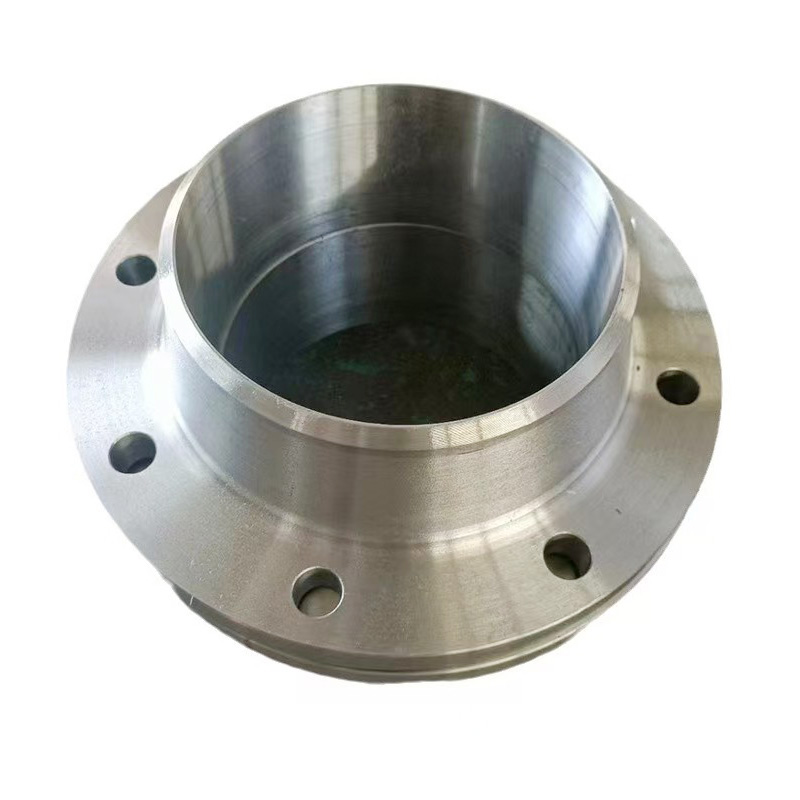
AWeld Neck Flange (WN Flange)is a type of piping flange designed to be welded to a pipe or ...
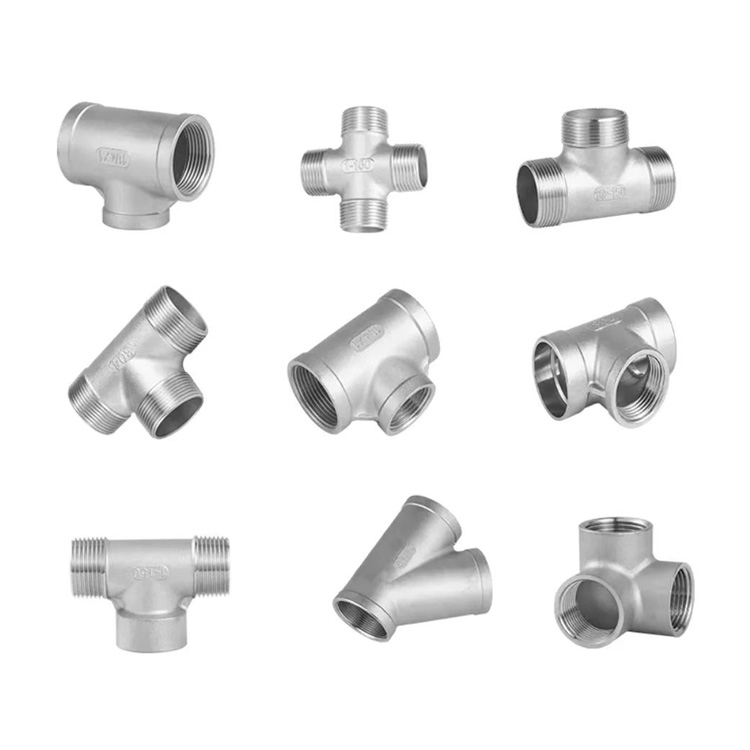
Socket fittings are essential components in piping systems, designed to connect, branch, or...
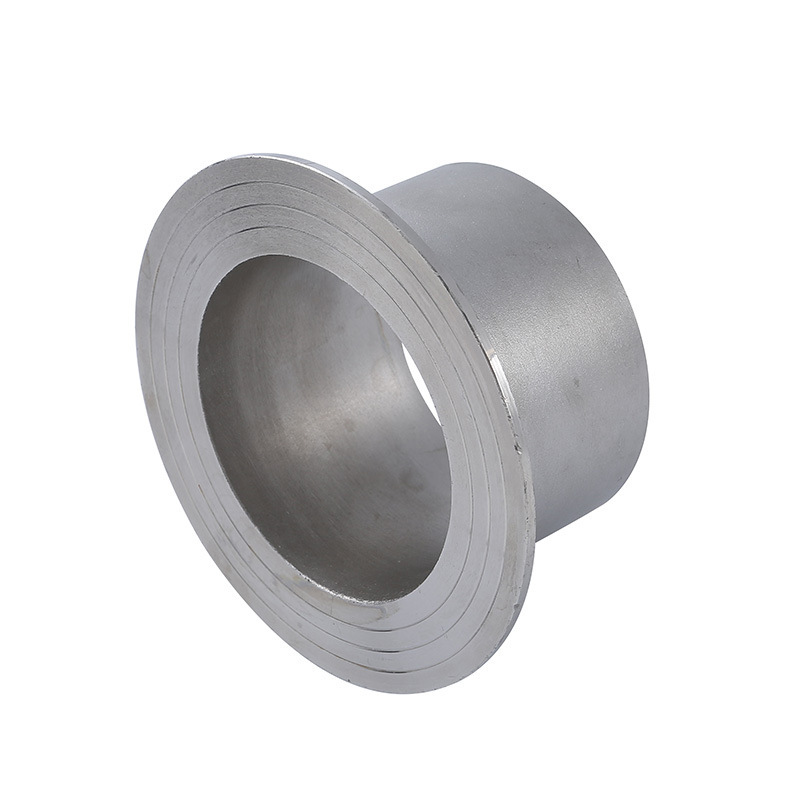
Welding ring is a commonly used metal ring component in pipeline connection or equipment do...
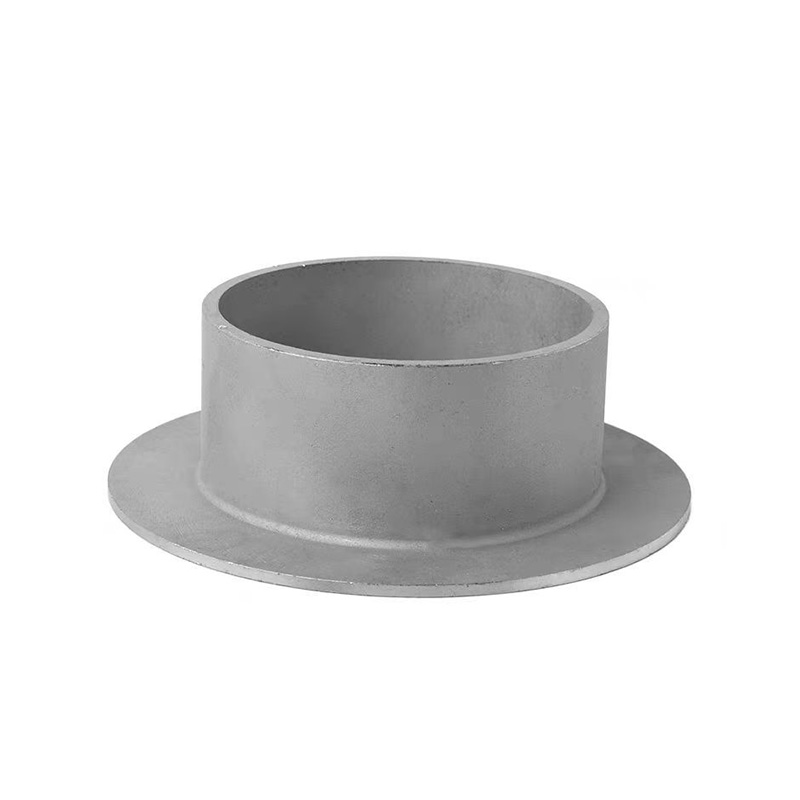
Welding ring is a pipe fitting used for pipeline connection. The following is its detailed ...






